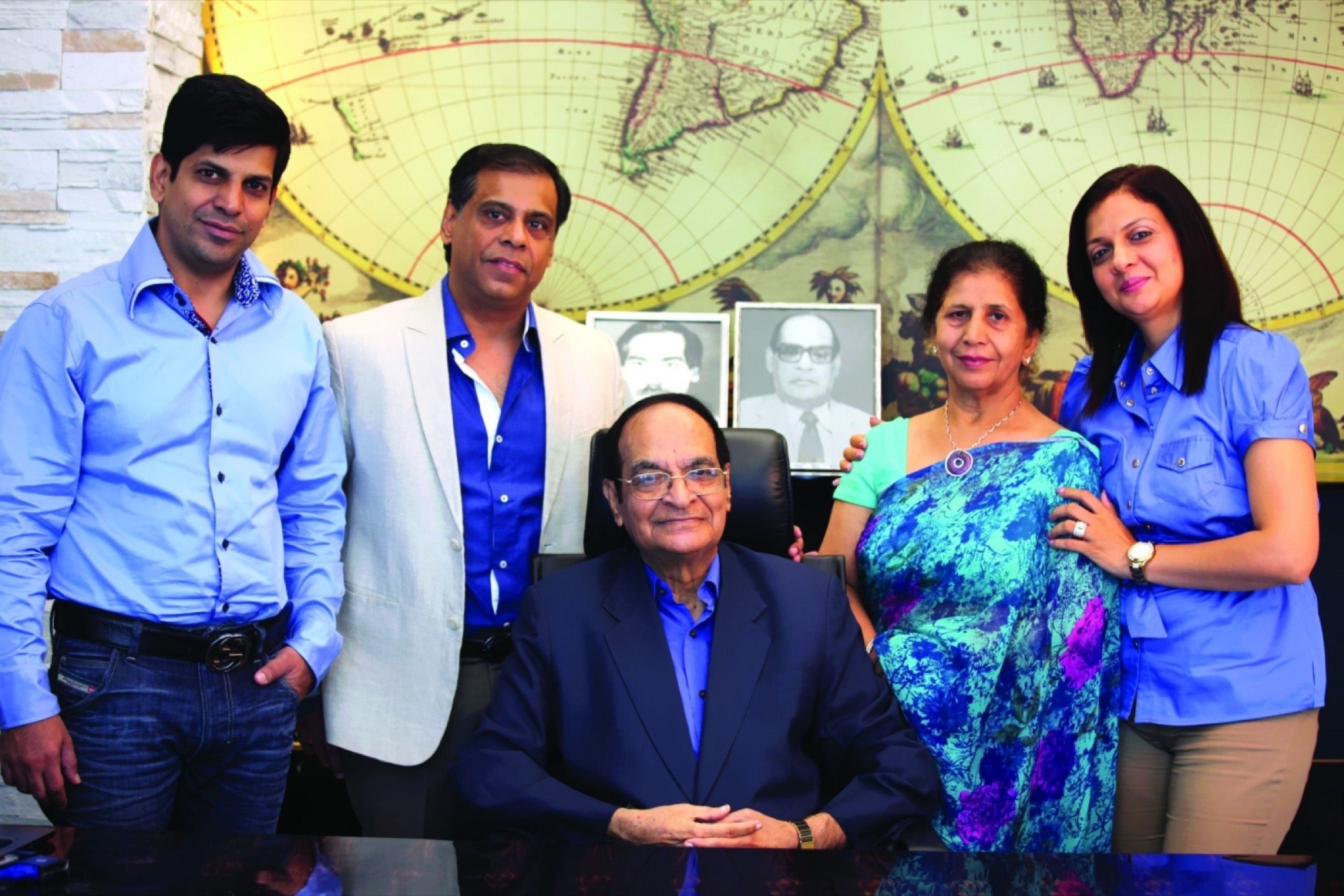Technology Makes Hair Big Business Hygienic Research Institute the company behind Vasmol Kesh kala and Streax hair colour has stood the test of time with newer generation adding more value. Hair is the business that has stood the test of time.
You're reading Entrepreneur India, an international franchise of Entrepreneur Media.

Manish Chabbra was finishing his pharmacy from the Pune College of Pharmacy when he had to take over the reins of the family business, Hygeinic Research Institute (HRI) started by his grandfather. Though his father and uncle had been taking care of it but with the unfortunate demise of his father, he knew he had to be a part of it. In 1989, first his mother Savita Chabbra stepped into the family business, as the kids were still finishing their studies. Remembering the early years Chabbra says, "I finished my graduation in 1991 but I started coming to work from 1990 only." At that time the top line was somewhere around Rs 1.5 crore. Manish's initial tryst with the business was as a chemist. He also worked fo six months outside the family business to understand the systems and processes to be followed. In 1991, he
started his journey as a shop floor chemist, while his uncle Subhash Mishra used to take care of finance and accounts and his mother used to look after the factory. At that time they had a small factory of 1800 sq.ft. with 80 workers churning out products including Vasmol 33 Kesh Kala and some oils. In 1993, Manish's wife Rochelle Chabbra who's also a pharmacist came on board. She started looking after quality control and R&D. The biggest change Manish brought to the business was to shift the factory to a bigger location. They expanded as the existing factory could not take care of the capacities. They soon had a bigger facility of 15,000 sq.ft. Rochelle started working on the products and came out with a powder dye called Vasmol Kali Mehendi leading into product extensions. In 1995 his brother, Ashish Chabbra joined and started taking care of marketing in a structured manner. In 1998 Manish shifted his role from factory affairs and entered into sales. Around 1999-2000 he became the CEO of the company.
The company expanded to Himachal with two factories there. Another one has recently opened in Guwahati. HRI currently has five factories with a total staff strength of 1500 plus. Manish's mother still
continues to be a part of the business taking care of operations. His wife heads the professional division, which takes care of supplies of the goods to the salons for all the professionals. Ashish's uncle as the chairman continues to give his guidance and support. Talking about managing the family business with different members involved how conflicts are taken care of Chabbra answers, "We ensure that we do not cross the line of entering into the domain of other person's expertise. However, we never shy away from giving our opinion but support the decision taken by the person." Talking about the support he got from his mother and uncle, being generations apart, Manish says, "Whenever we want to take
a step which is different than the normal they would tell us about the negatives but
never stop us from doing it."
Fueling the expansion
Though HRI continued to fund its expansion through internal accruals, last year only it received funding from Premji Invest taking a high minority stake. They invested a major sum which will take care of its future growth in a phased manner. Talking about the biggest change the external investment brought to them besides the money, Chabbra says, "When the investors came on board, we decided to focus on a few things rather than going for many. That's one major change I would have shied away from doing. As entrepreneurs we fall in love with the products that we create even if they are not performing the way the business plan had projected but you keep on trying. They ensured that beyond a particular point they ask you to focus on your core competencies."
Transformed by technology
Talking about hair business we often forget about technology which leads to major transformation in any business. Graduating from an in-house ERP, in the year 2013 HRI realized the need to go to a bigger platform, which led to the introduction of SAP. Speaking on how SAP helped them to run the business
better, Chabbra says, "SAP is a bigger platform which can give you multiple reports, various information at each level. It opens up lot of insights, which helps your team to innovate. You tend to know the minutest details like which SKU is not performing, what changes you do to make it more profitable. With it people management and performance valuation becomes easier."
Future growth
Currently HRI caters to more than 18,000 salons and does direct distribution to all of them. With Keshkala HRI has 95 per cent market share. In Kali mehendi category it has 50 per cent market share, and in crème colour division in volume it has around 11 per cent market share. Kesh Kala has strong presence in the East and south while Streax is strong in North and West. HRI's core competency is hair, andthey want to restrict to that. There will be brand extensions under Vasmol and
Streax. For professional division there will be a special skin care range, which will be made to cater to the requirements of the salons.
This article first appeared in the Indian edition of Entrepreneur magazine (May 2016 Issue).












